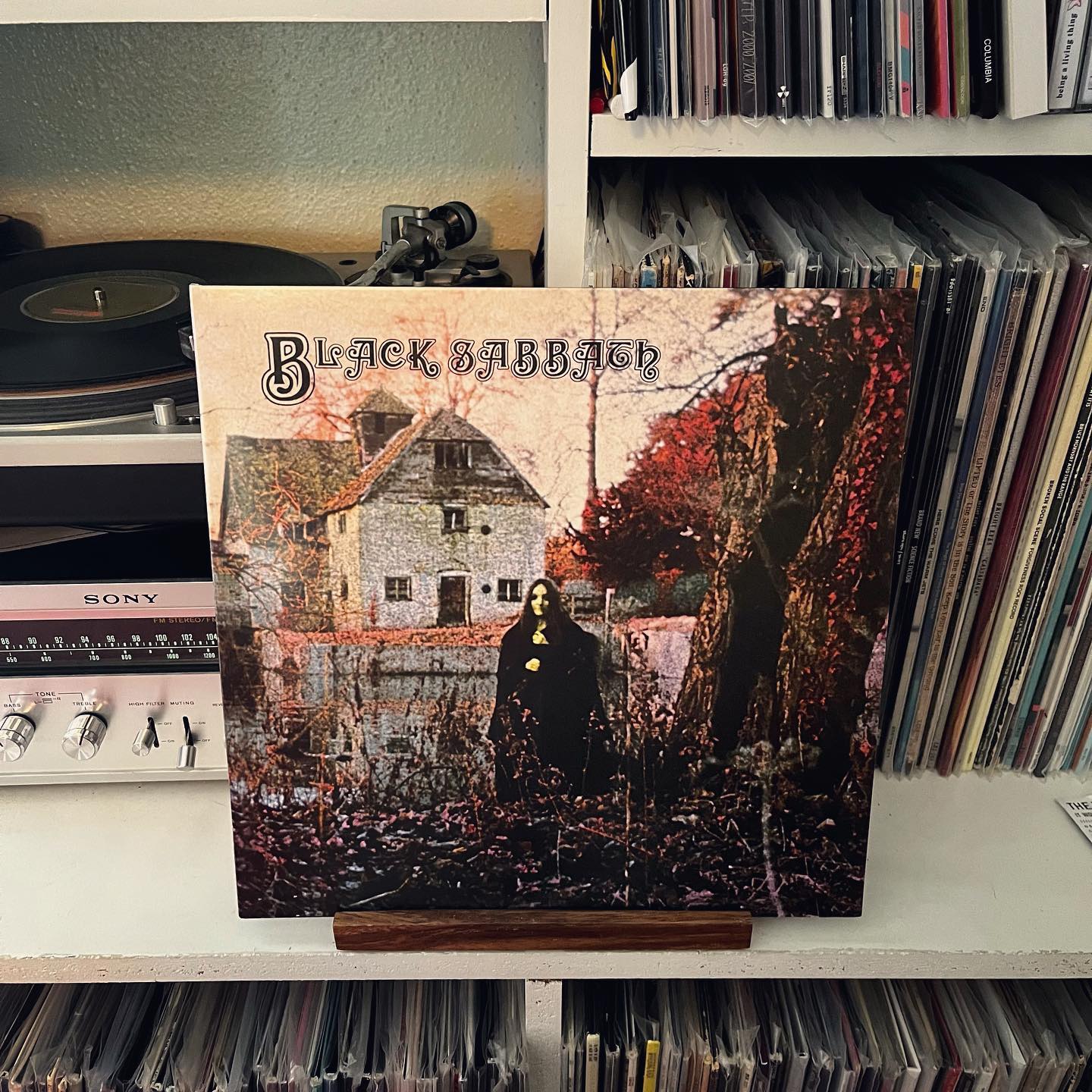
There is perhaps no more unlikely group to change the course of music than Black Sabbath. Originally called the Pulka Tulk Blues Band, and later Earth, the working class quartet from Birmingham cut their teeth playing in blues clubs with a sound not unlike the blues rock of Cream.
But somewhere between forming and recording their first album, a series of events caused them to morph into one of the most ferocious and influential bands of all time. And while Black Sabbath still retains a lot of their blues jam tendencies, the nucleus of their legendary career—and heavy metal as a whole—is impossible to miss.
While there are many factors that created Black Sabbath’s trademark sound, three bear primary responsibility.
First, and much discussed, is the fallout from Tony Iommi’s accident while working at a sheet metal factory that cut off the tips of multiple fingers on his fretting hand. To compensate, he strung his guitar with lighter strings and tuned them down, which made even the most rudimentary riffs sound heavy as sin.
Second is the group’s residency in Germany’s blues club scene. They played multiple long sets per week, and their limited repertoire led them to fill the time with lengthy improvisational jams. Many iconic Black Sabbath songs found their genesis in these jam sessions (for instance, “War Pigs”).
The third, and perhaps most important, even that created the band was the theater across the street from the band’s rehearsal space, which one day had a screening of the 1963 Boris Karloff film Black Sabbath. Bassist Geezer Butler noticed the huge line of folks waiting to buy a ticket and remarked how strange it was that people would spend so much money to be scared. This led he and Ozzy to write the track “Black Sabbath,” which is as fitting a mission statement as any band has ever written (and which also came before the band changed their name).
Their debut, recorded in a single unassuming twelve-hour session, would usher in one of the largest sea changes in the history of recorded music. While most of the songs (apart from “Black Sabbath” of course) are still rooted in Zeppelin-esque blues rock (Ozzy even plays a damn harmonica on “The Wizard“), Iommi’s trademark guitar growl and the lyrics influenced by horror, sci-fi, and fantasy were enough to set it apart. While it might not scratch the metal itch for modern ears, there is enough Black Sabbath here to make Black Sabbath an essential record for metal fans.